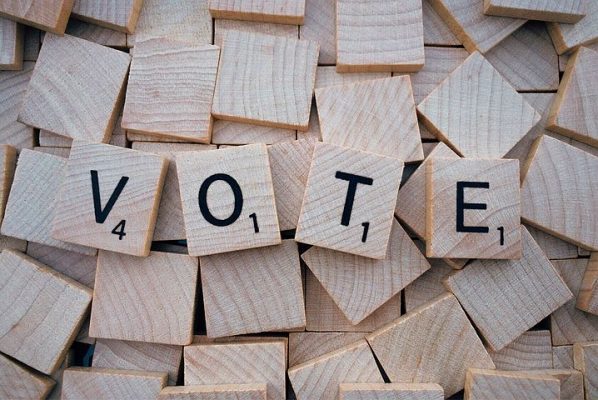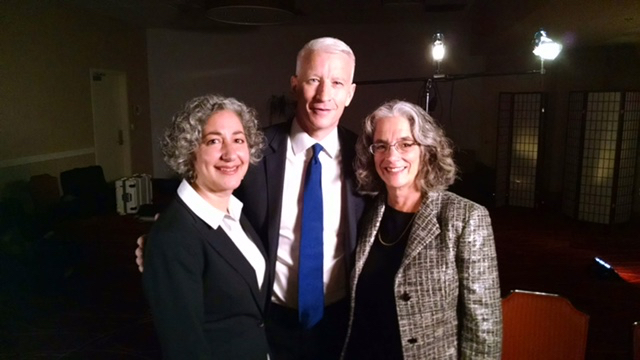Accessibility Laws and Regulations
U.S. Federal Appeals Court Slams Unethical ADA Practice
Access Board Considers ADAAG Coverage for Self-Service Kiosks
The United States Access Board is currently considering proposed changes to the ADA Accessibility Guidelines (ADAAG) that would require certain self-service kiosks to be accessible to people with disabilities. Based on their experience with Talking ATMs and tactile point of sale devices, the Law Office of Lainey Feingold and Linda Dardarian of Goldstein, Demchak, Baller, Borgen & Dardarian, prepared comments on the Board’s proposal for use by persons interested in accessible devices. Those comments, all or parts of which were incorporated into submissions filed with the Board by several organizations, are posted here.
Read more… Access Board Considers ADAAG Coverage for Self-Service Kiosks

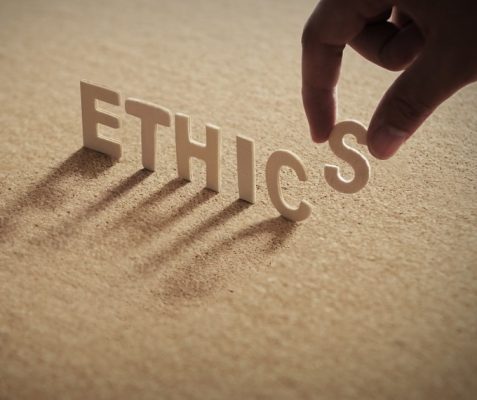
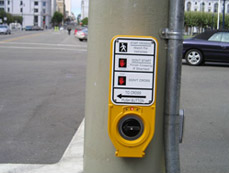
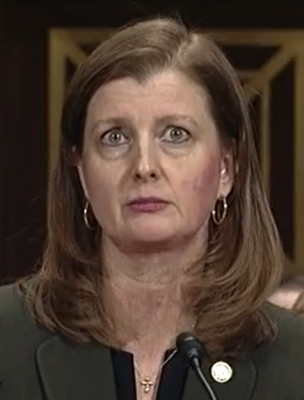
![In 2021 The Proposed Online Accessibility Act in US Congress is [STILL] Bad for Digital Inclusion](https://www.lflegal.com/wp-content/uploads/2020/10/legislationdownload.jpeg)
